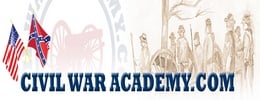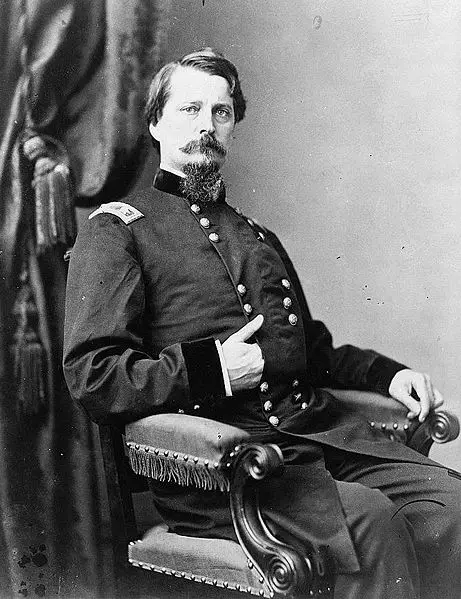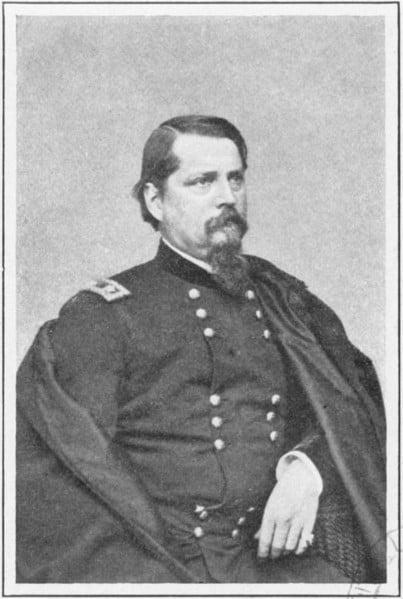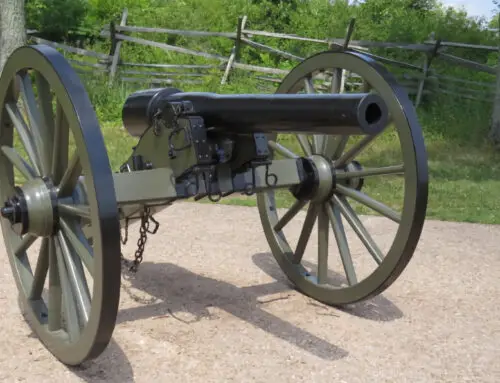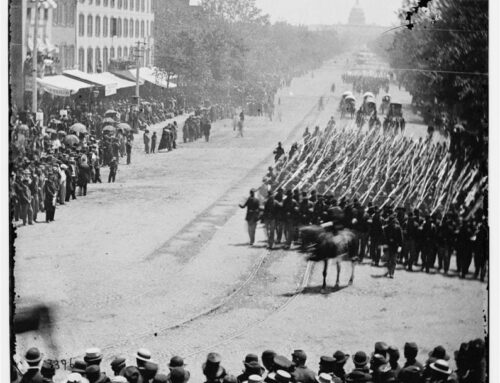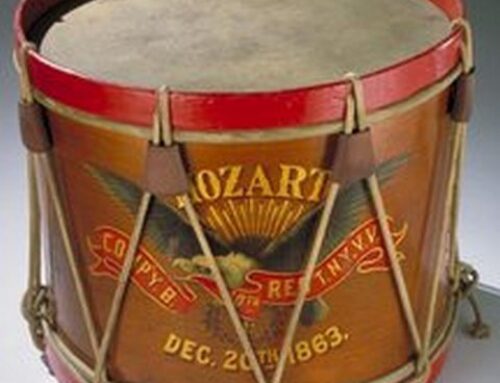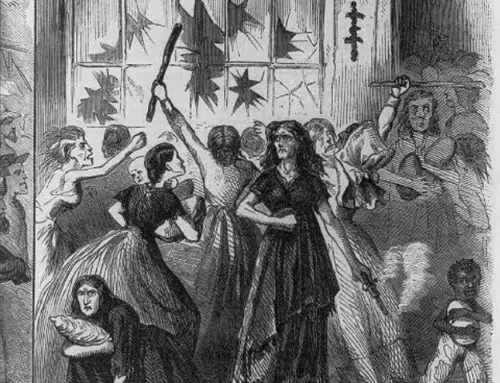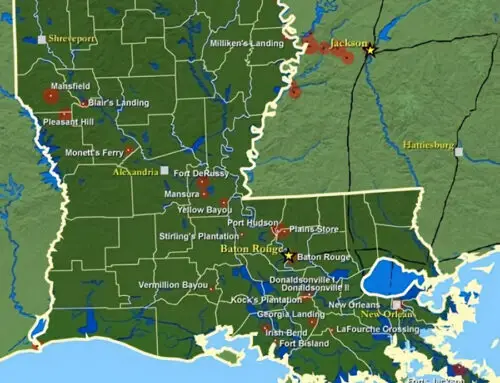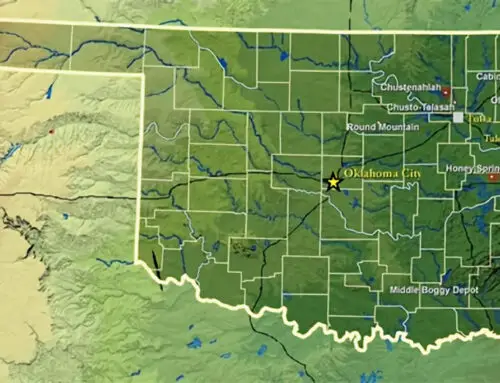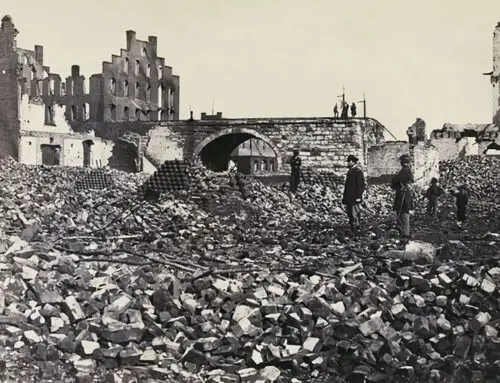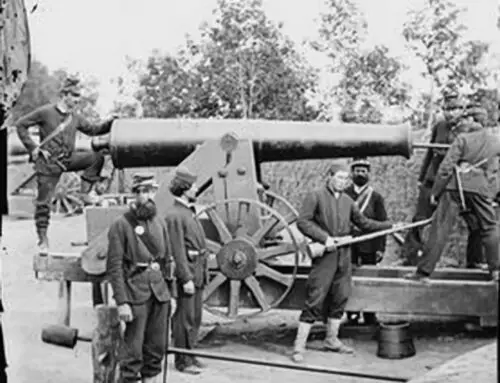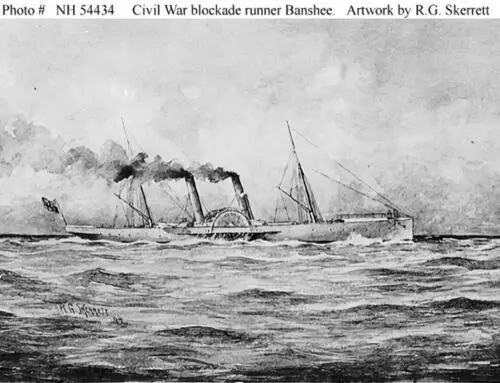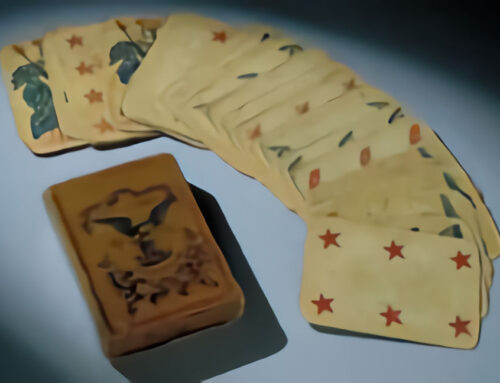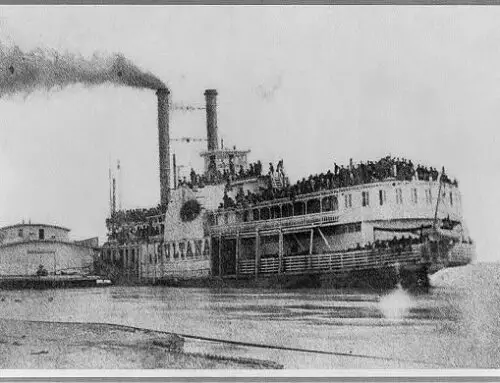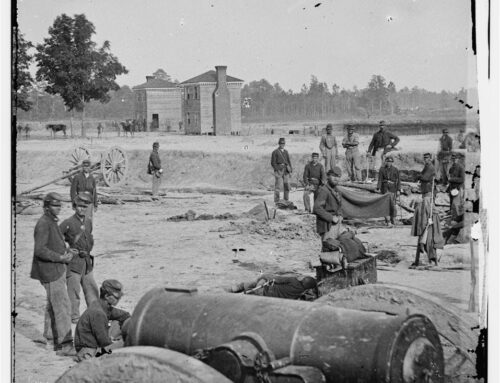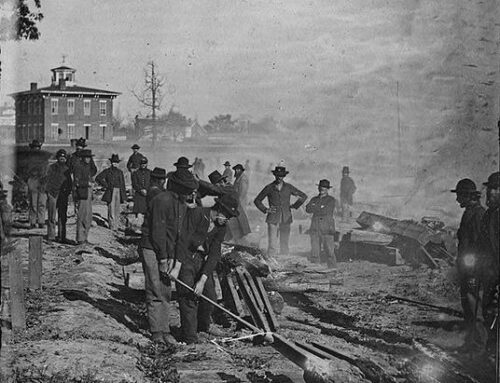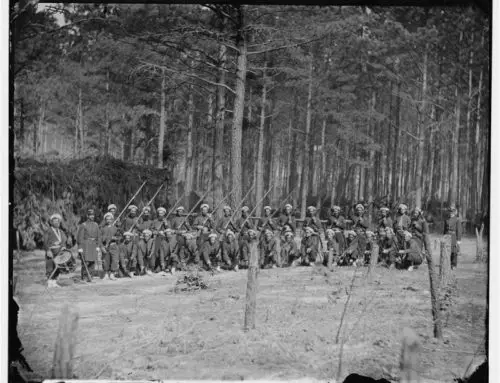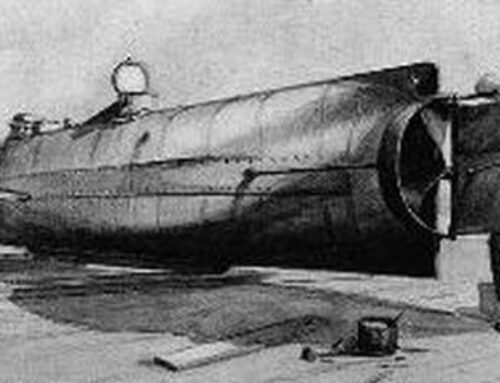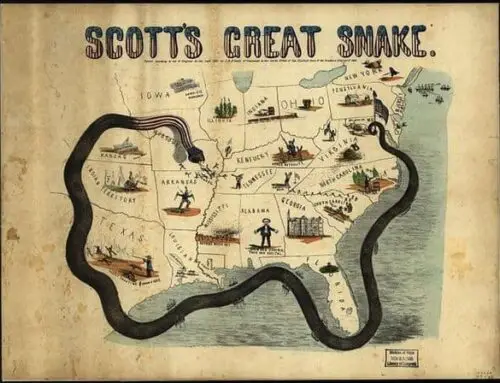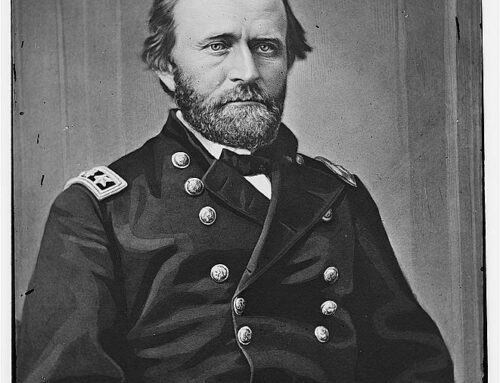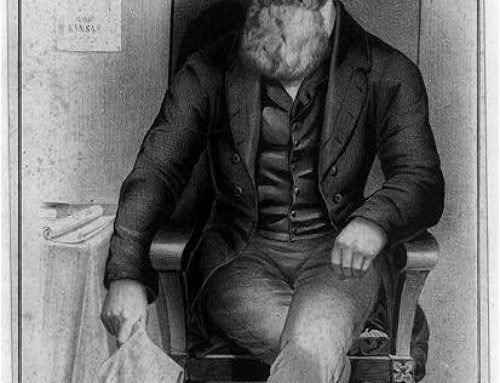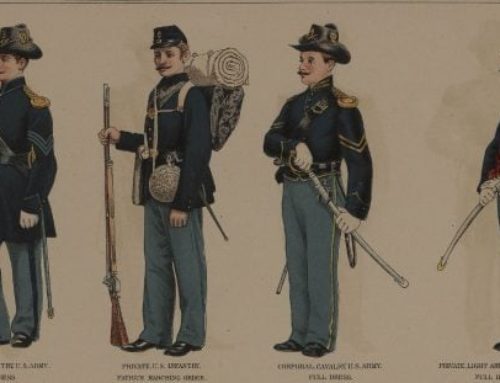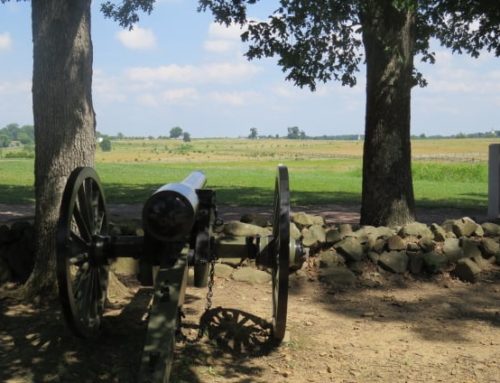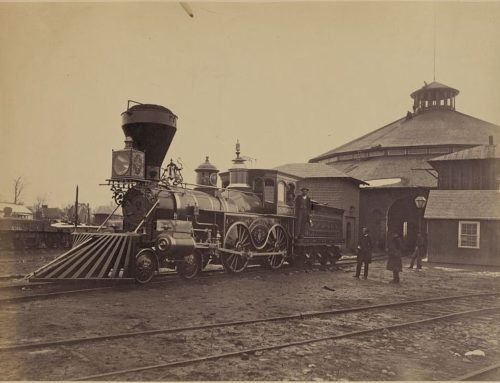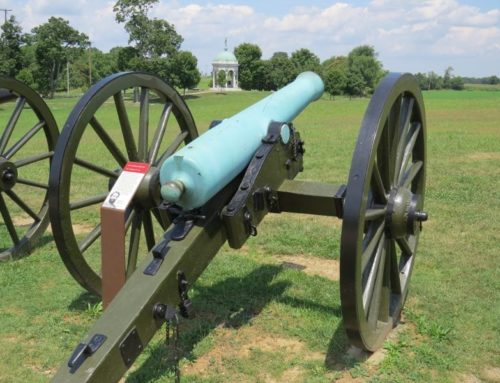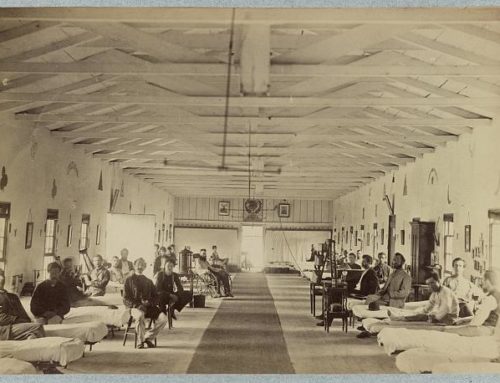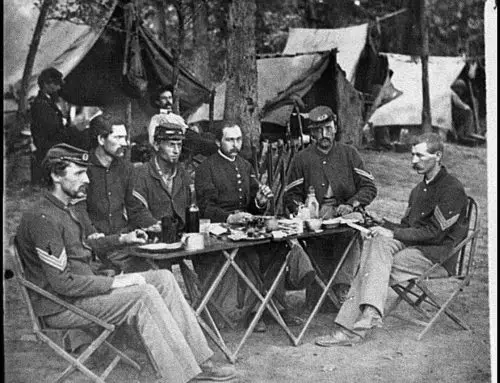(1824-1886)
Winfield Scott Hancock had a well-earned nickname. “Superb”. A name that although was only one word, perfectly described this leader, this man. Winfield Scott Hancock was a Union commander during the Civil War.
He earned the name, “Superb” by his efforts at the Battle of Gettysburg where he lead his charge against the Confederate forces there.
The battle was seen as one of the greatest confrontations of the entire war.
That battle created the moniker that would follow and also define the Union leader’s military career, but there was another battle as well.
The Battle of Williamsburg was the best display of military leadership by a Union commander since Sherman.
The Battle of Williamsburg was Hancock’s tour de force, a brilliant showing of the military tactical movement education, even in the face of utter defeat. Victory in Civil War battles sometimes did not come in the field, there were other realities that made the difference and General Hancock exercised them to the tee. After leading his brigade to a few wins he then was called to Antietam where he led a force of Union troops to a much needed victory.
General Hancock was born in Pennsylvania on February 14th, 1824. Named after one of the revolutionary war heroes, Scott would grow up in a strictly religious household. His family wanted Winfield to be a professional something, yet the good general to be wished for military honor.
The goal would be attained during his lifetime and the Union would give thanks by recognizing him in a statuesque form in Pennsylvania. He graduated from West Point and was sent off to fight the Mexicans in their war against the United States. After dispatching the Mexicans Hancock was enlisted in the army and fought the Indians until his Civil War career was initiated.
Hancock proved his mettle in every battle that he fought and led in the Civil War and at Gettysburg he would earn the right to be called a leader. A freak-wound suffered at the battle would have the general on bed rest until the next great achievement. The infamous Overland Campaign would find General Hancock in the center of what many would call hell.
The Union troops were fighting well during that campaign and Scott was heralded at every foray until the disaster at Cold Harbor.
General Grant made one of his few major mistakes of the war when he ordered General Hancock to take a position held by experienced and savage Confederate troops. The assault failed miserably and the General suffered major defeat and his brigade was almost completely destroyed. This did not sit well with President Lincoln and he ordered the general to be replaced.
At Governor’s Island, New York the general commanded for the final time, he died in 1886 a hero to the very end, a superb life well lived and well commanded. The victory by the Union army over the Confederates cemented the honoring of one of her own; General Hancock did just that, fought and taught superbly.
